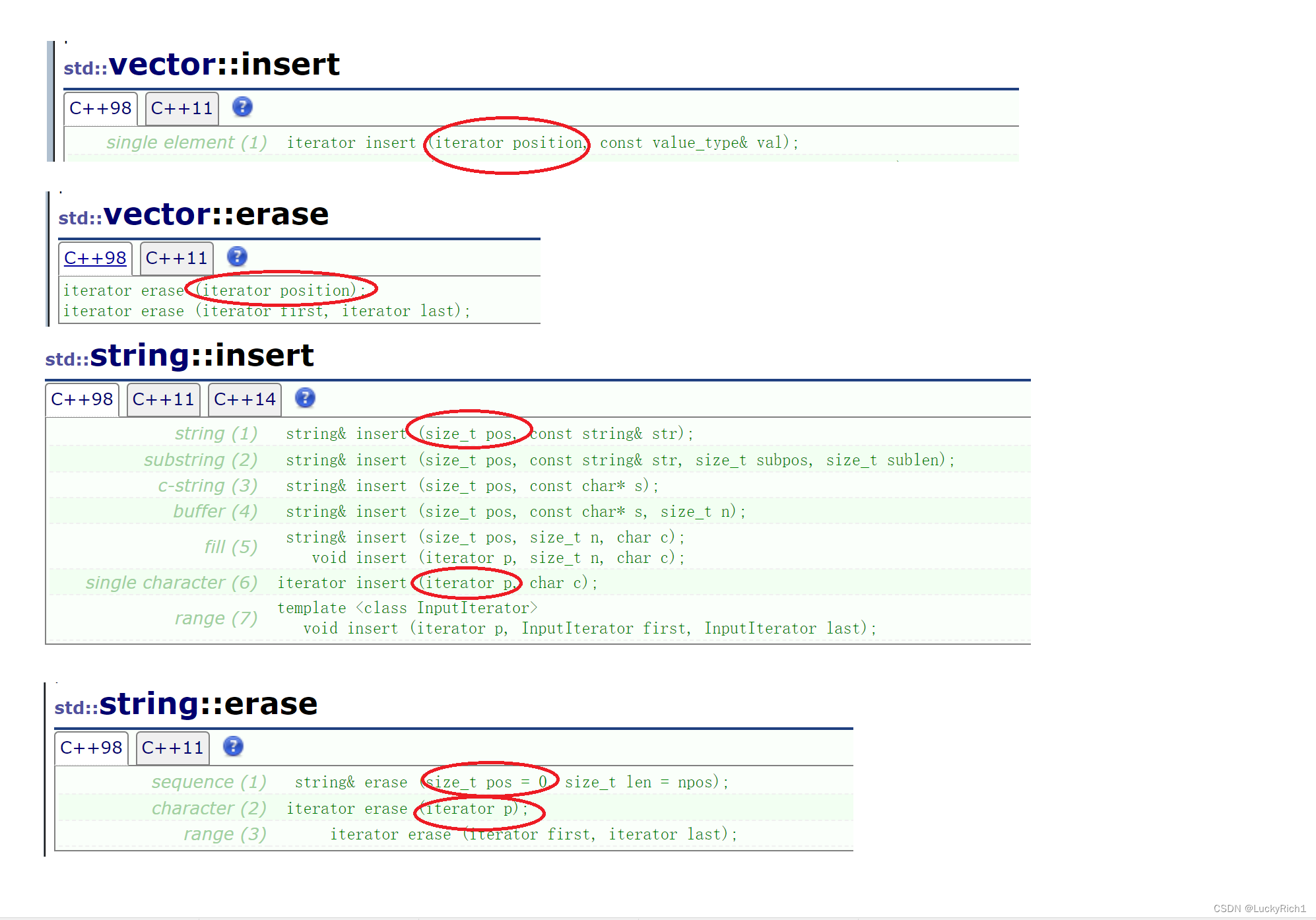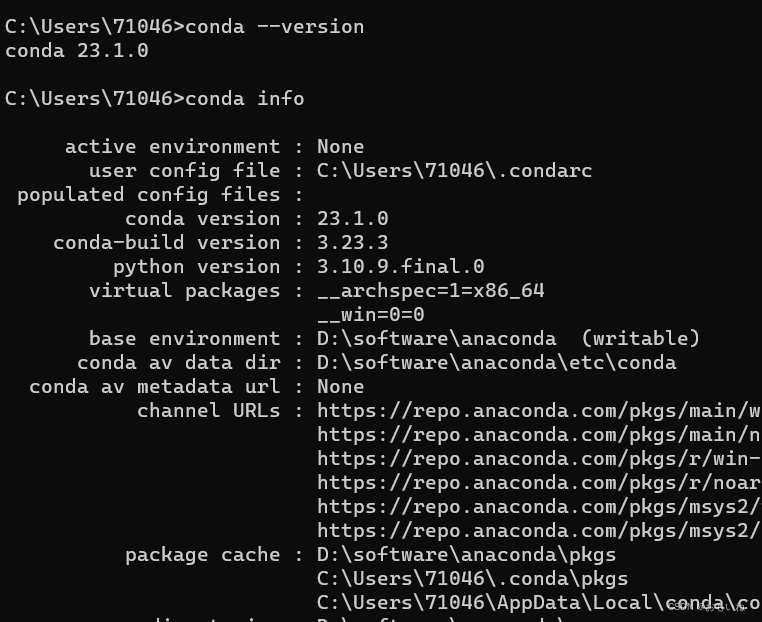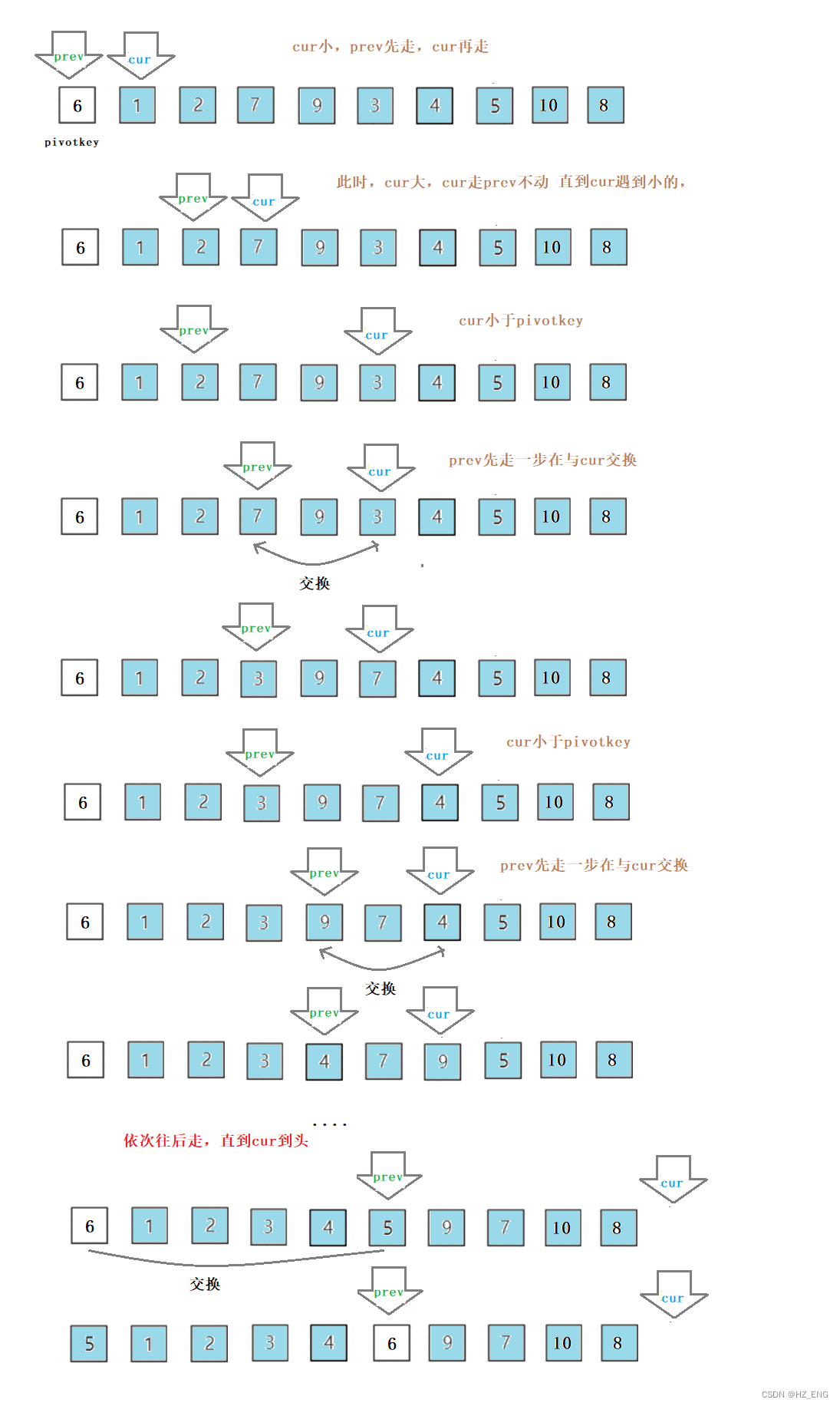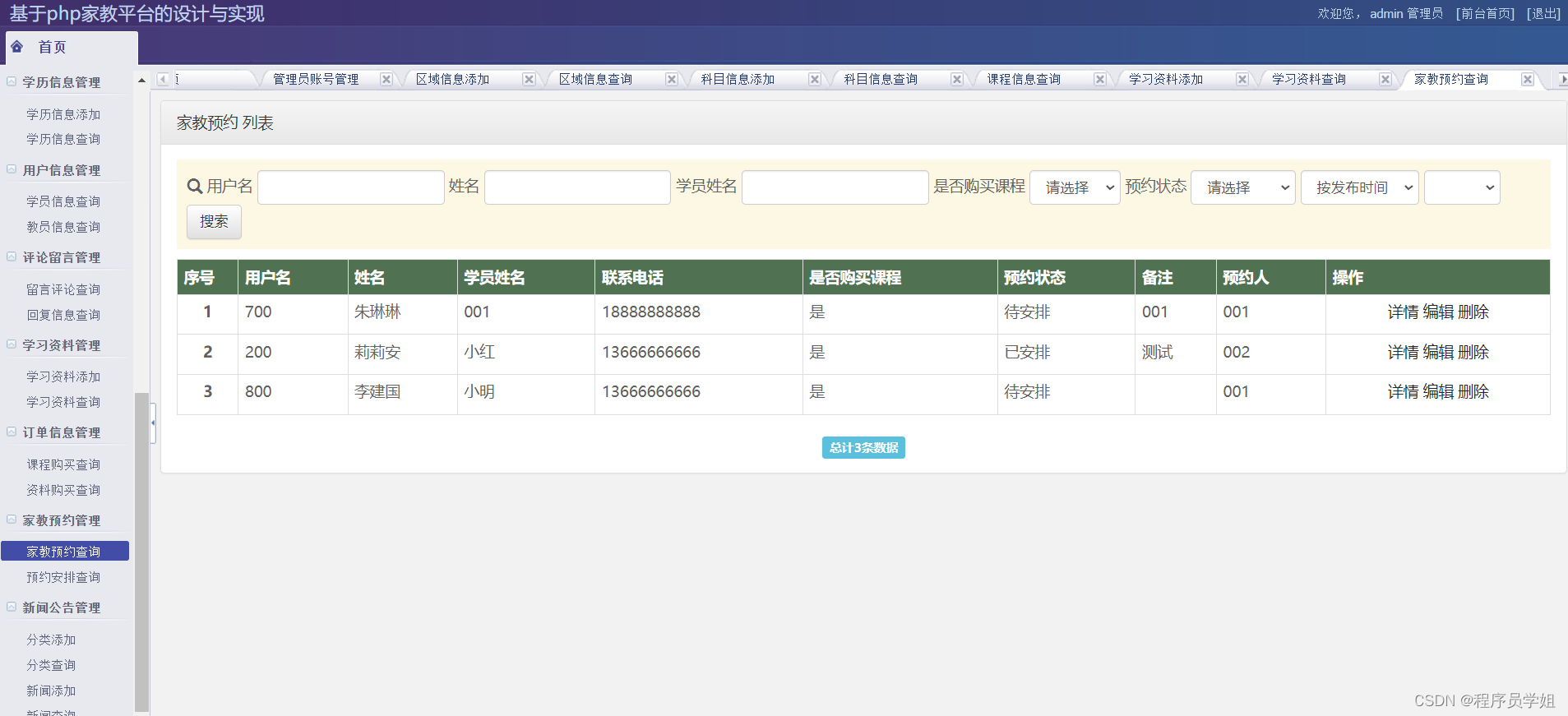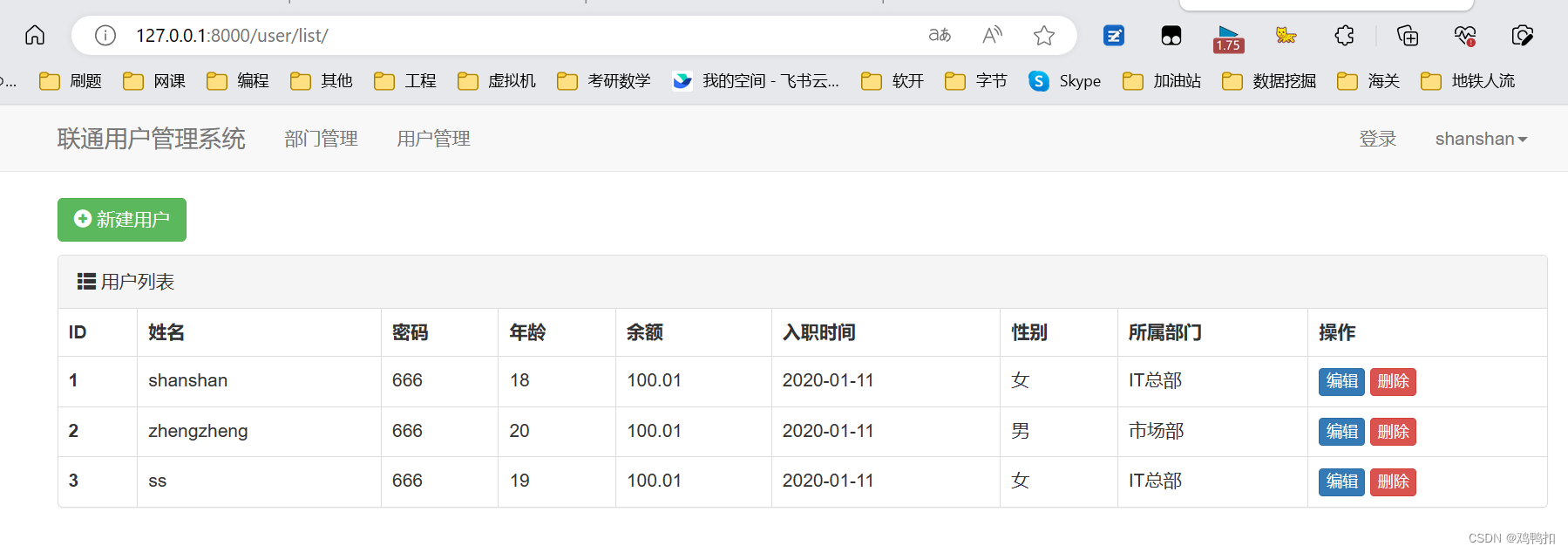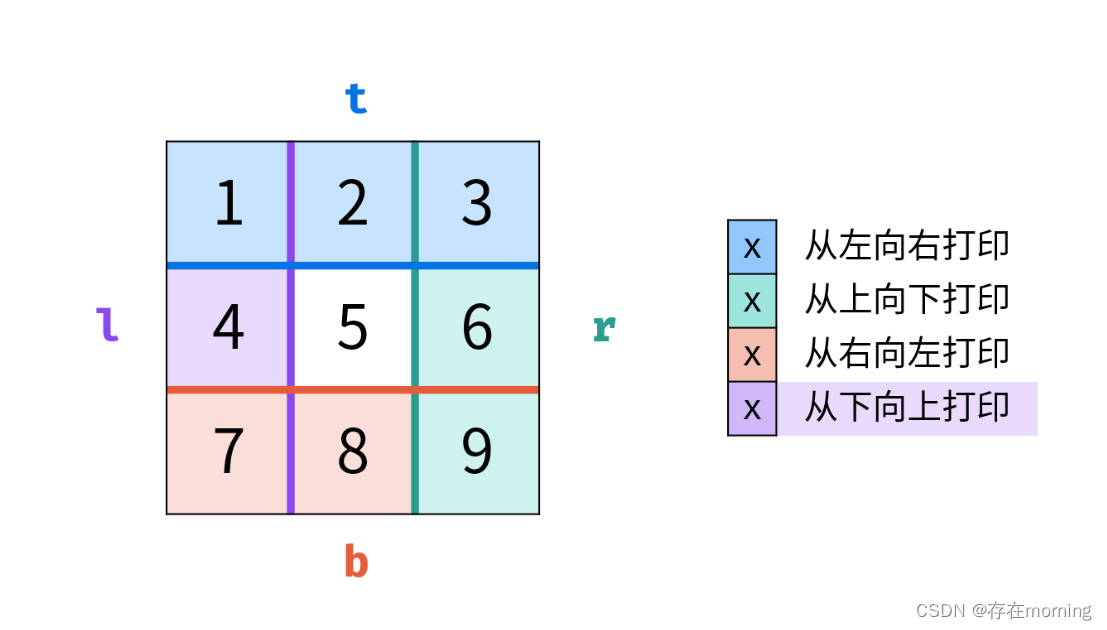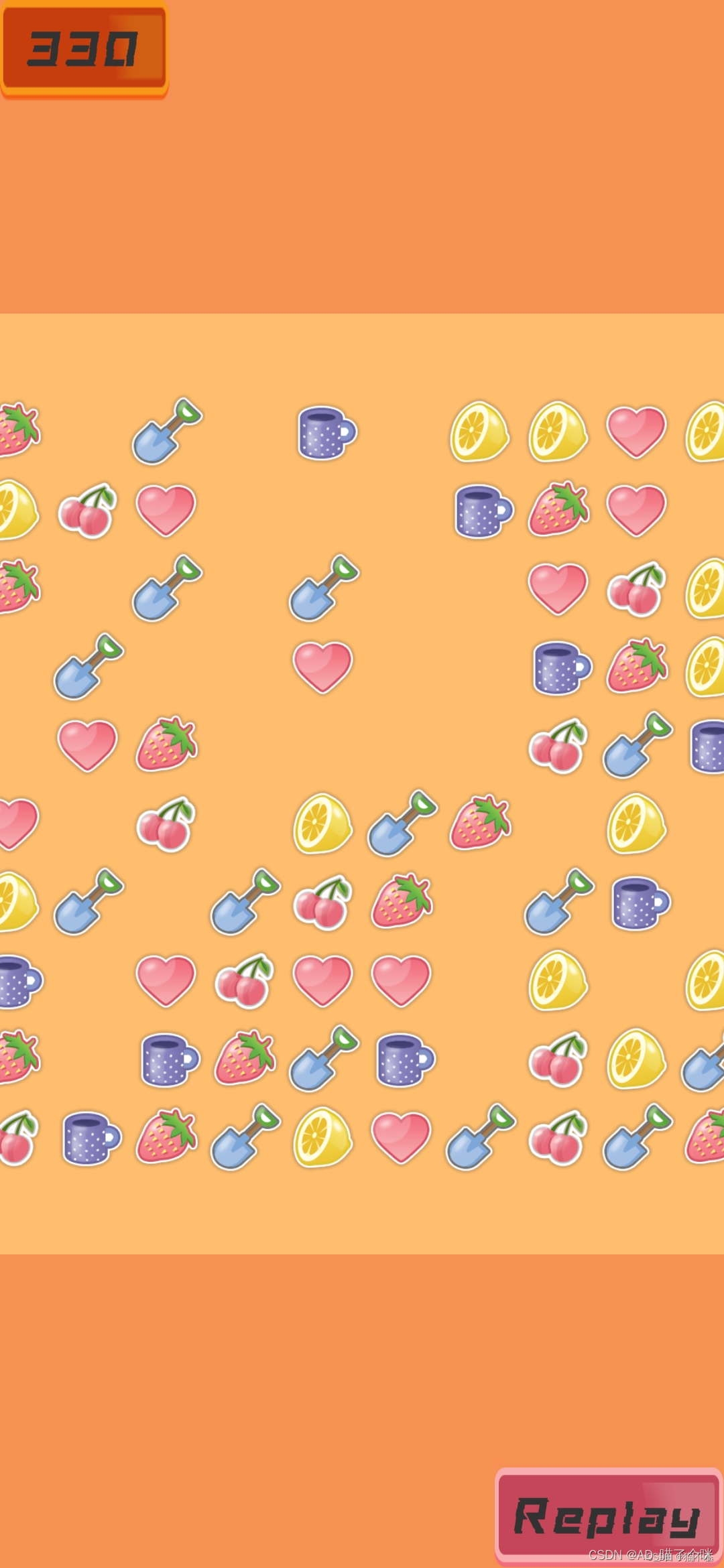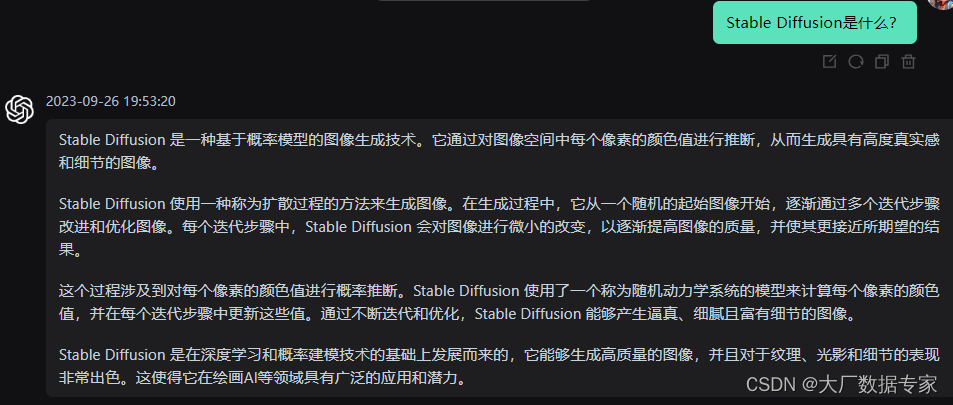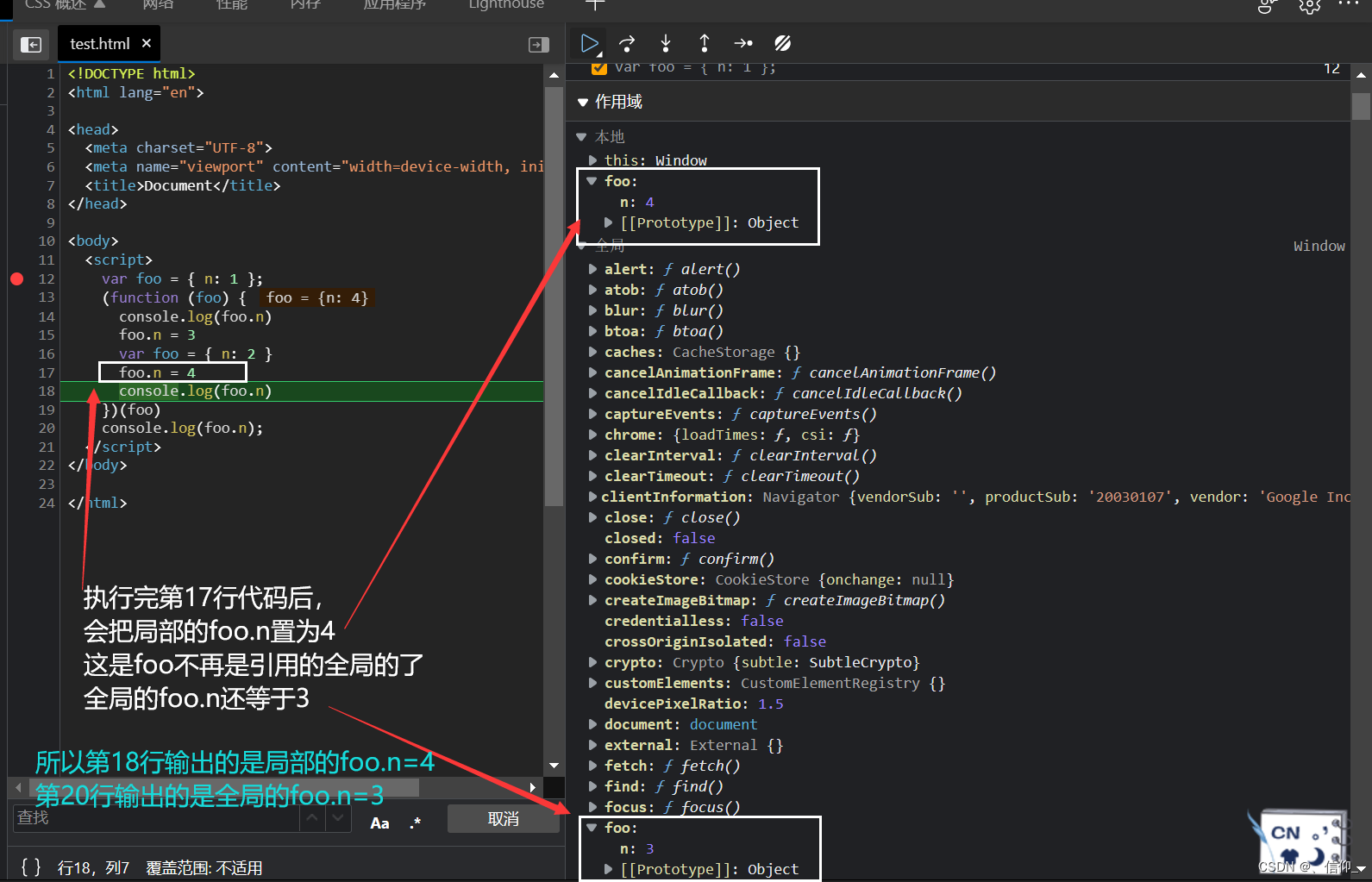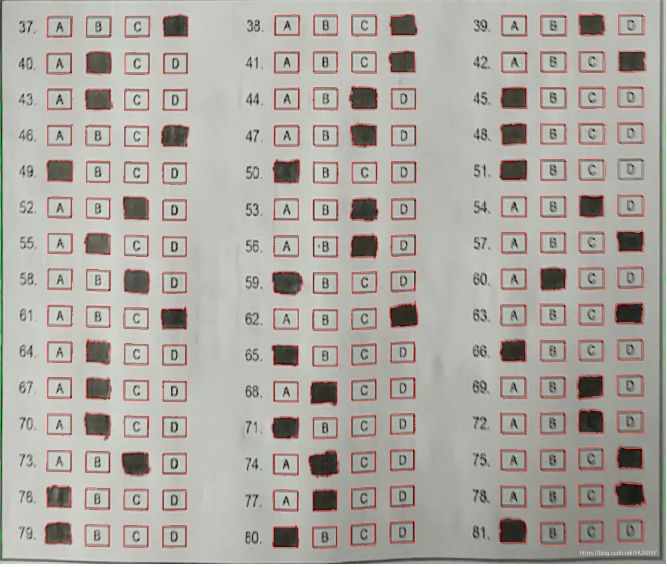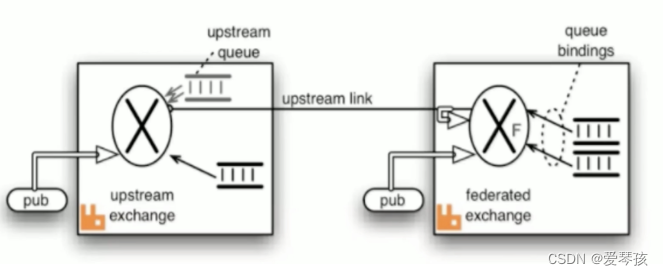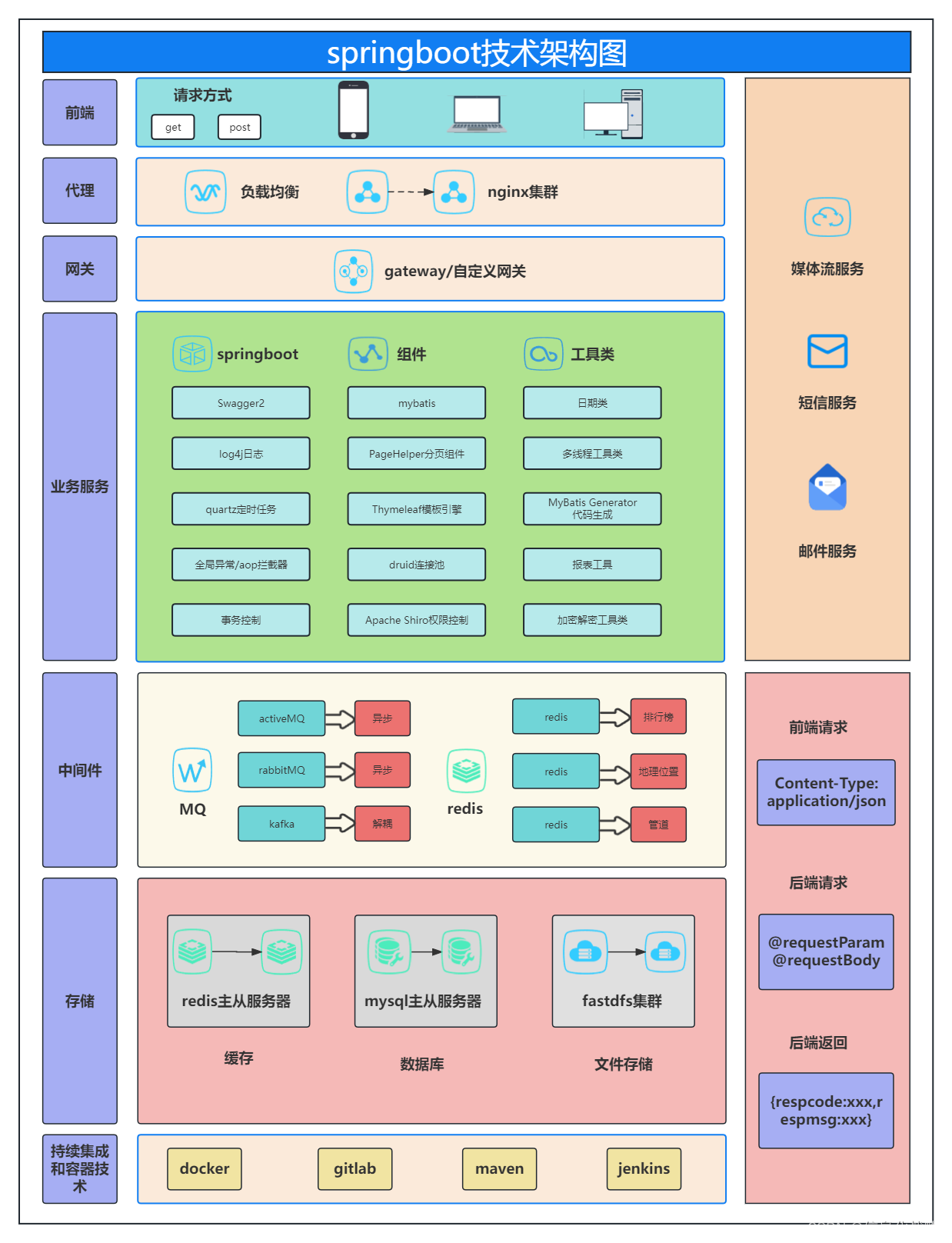摘要
组合模式(composite pattern): 允许你将对象组合成树形结构来表现"整体/部分"层次结构. 组合能让客户以一致的方式处理个别对象以及对象组合。
一、组合模式的意图
将对象组合成树形结构来表示“整体/部分”层次关系,允许用户以相同的方式处理单独对象和组合对象。
二、组合模式的类图
组件(Component)类是组合类(Composite)和叶子类(Leaf)的父类,可以把组合类看成是树的中间节点。组合对象拥有一个或者多个组件对象,因此组合对象的操作可以委托给组件对象去处理,而组件对象可以是另一个组合对象或者叶子对象。
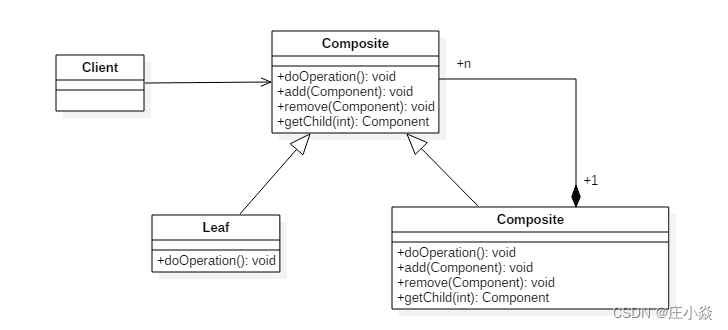
三、组合模式的实现
public abstract class Component {protected String name;public Component(String name) {this.name = name;}public void print() {print(0);}abstract void print(int level);abstract public void add(Component component);abstract public void remove(Component component);
}public class Composite extends Component {private List<Component> child;public Composite(String name) {super(name);child = new ArrayList<>();}@Overridevoid print(int level) {for (int i = 0; i < level; i++) {System.out.print("--");}System.out.println("Composite:" + name);for (Component component : child) {component.print(level + 1);}}@Overridepublic void add(Component component) {child.add(component);}@Overridepublic void remove(Component component) {child.remove(component);}
}public class Leaf extends Component {public Leaf(String name) {super(name);}@Overridevoid print(int level) {for (int i = 0; i < level; i++) {System.out.print("--");}System.out.println("left:" + name);}@Overridepublic void add(Component component) {throw new UnsupportedOperationException(); // 牺牲透明性换取单一职责原则,这样就不用考虑是叶子节点还是组合节点}@Overridepublic void remove(Component component) {throw new UnsupportedOperationException();}
}public class Client {public static void main(String[] args) {Composite root = new Composite("root");Component node1 = new Leaf("1");Component node2 = new Composite("2");Component node3 = new Leaf("3");root.add(node1);root.add(node2);root.add(node3);Component node21 = new Leaf("21");Component node22 = new Composite("22");node2.add(node21);node2.add(node22);Component node221 = new Leaf("221");node22.add(node221);root.print();}
}四、组合模式的总结
组合模式源码使用
- javax.swing.JComponent#add(Component)
- java.awt.Container#add(Component)
- java.util.Map#putAll(Map)
- java.util.List#addAll(Collection)
- java.util.Set#addAll(Collection)
